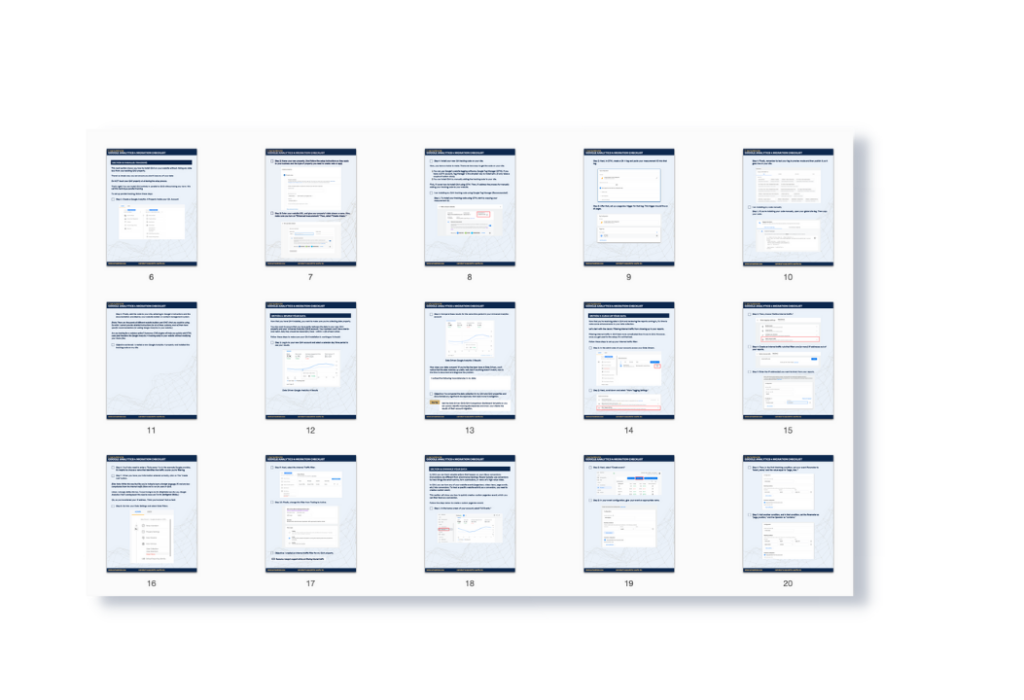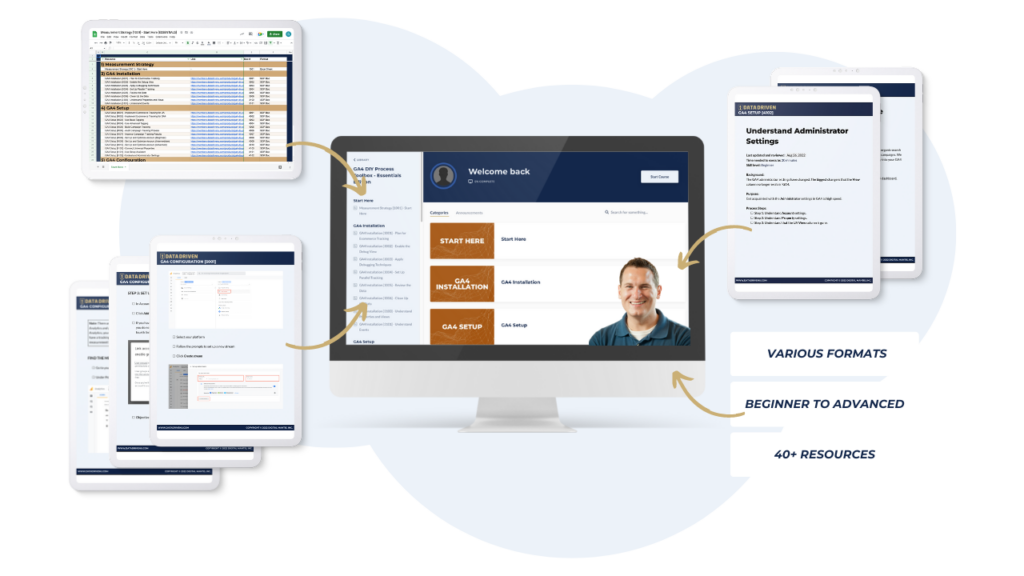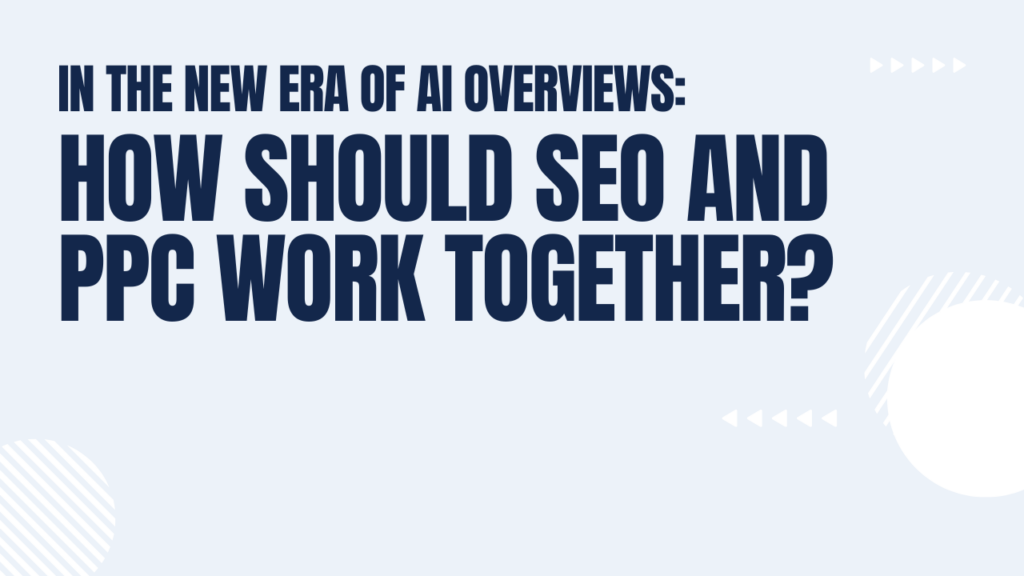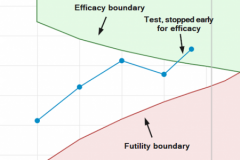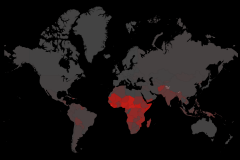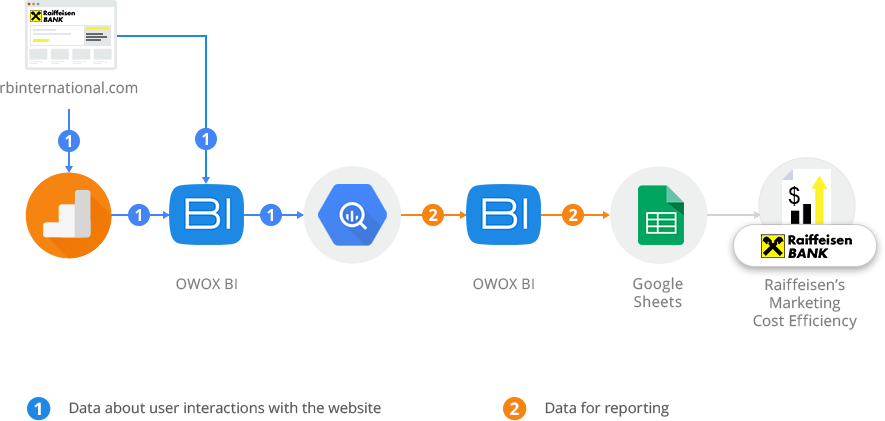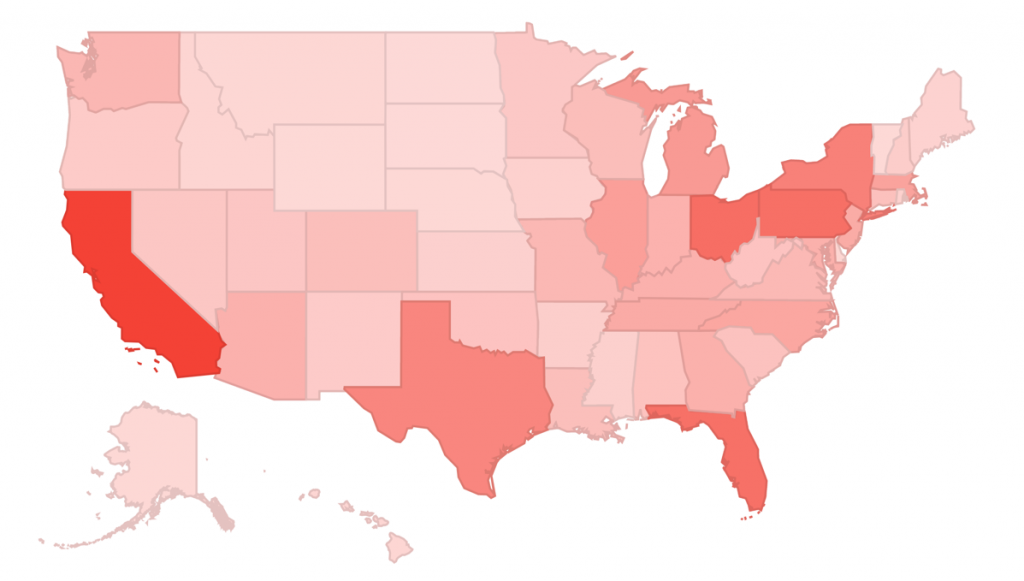Predicting the future invariably means you will be wrong most of the time. However, it is an interesting process to go through as even getting just one prediction right can have a significant impact – to me personally, my business or my client’s business. So I was honoured when Daniel Waisberg asked me to look into my crystal ball for what may happen in the world of web analytics in 2011.
Luckily I am on safe ground – I have been involved in web measurement since the very early days (1997 onwards), so I figure most of my predictions will prove to be valid and Daniel will invite me back this time next year to congratulate my foresight 😛
1. Privacy – A Threat To The Web Analytics Industry

Privacy is one of the greatest challenges the industry faces at present and one that has been steadily growing over the past couple of years. My prediction is that this will come to the fore in 2011, with privacy on the web being discussed beyond specialists groups and into mainstream media.
What are the privacy issues?
There are many – from data collection methods using 1st party cookies, third party cookies, Flash objects and data triangulation, to the highly personal IMEI number of your mobile phone. The issue is that the consumer (every web user), struggles to know what information is private, what is public and what to do in order to change the info they wish to share or keep private. Today the “average” web user is simply not in control of their own personal information.
A consequence of this, is that a particularly bad experience can lead to a complete shut down of sharing visitor information. This can be either at the individual level (e.g. mass closure of Facebook accounts) or at the government level (e.g. Germany recently stating that GA was illegal to use on German websites).
This is a real problem for the web measurement industry. If web users decide not to share their anonymous information in large numbers, tracking data becomes sparse, and the web takes a backwards step. That is, websites cannot be improved if there is no data to go by…!
What can we do to mitigate such a privacy challenge?
It is very important that vendors, consultants and industry associations firstly educate, but also go out of their way, to ensure that visitor privacy always takes precedent over the “feature requests” of advertisers, marketers and web site owners. Not an easy task when these are the people paying the vendor/consultant’s fees…
2. Optimisation Rather Than Reporting

I am a big fan of Avinash Kaushik’s work and we have been friends since I first met him in 2005 – he even wrote the foreword for my Google Analytics book – and his presentations always get me thinking. This year he spoke at the Google Analytics Summit at Google, Mountain View, on the topic:
“We [web analytics professionals] don’t know how to sell web analytics”
In a nutshell, he presented on the failure of selling web analytics as a reporting tool, rather than an optimisation tool, which of course is where the value lies. My prediction for 2011 is that this will finally change…
All consultants I speak with would much rather sell web/business optimisation services than implementation. The difficultly is how to do this. For example, organisations contact my company to get GA setup. Once done and they have good, solid, reliable data coming in, they sign the cheque and say thank you and good bye. They either don’t see any value of insights/analysis, or they feel they can do this themselves, which invariably they don’t get around to (usually due to a lack of expertise/experience). Coming back to these organisations a year later, I find they know no more about their online business than before we started – they just have more data!
How do we remove the blockage?
Optimising a business via the online channel, or any channel for that matter, requires the buy-in of the CEO/CMO – that is, people who can align different teams and gain a consensus of opinion within an organisation to drive web analytics in the right direction. That is, using it to improve the visitor experience. Unfortunately, to date web analytics has not sat at the top table, so it has not been discussed at that level – its an uphill battle for those that make their living helping organisations get better at what they do online.
Of course, people like myself and Avinash are constantly speaking and writing about this – targeting the CxO’s. So my prediction for 2011 is that web analytics will finally graduate to the CxO level, at least for the most proactive organisations.
3. Predictive Analytics Will Remain Niche

Predictive Analytics, in theory, has fantastic potential. Currently, web analytics is about looking backwards into the past. For example, “what happened with last month’s campaign?”, or “how did the product launch perform last week?”. Being able to look forward and predict the effect of a new launch/campaign is very exciting.
However, from my scientific background, trying to predict the future doesn’t sit well with me. Its fraught with uncertainty and caveats that often get overlooked and forgotten over time. Most people, even smart analysts, have difficulty in understanding probabilities when more than one event effects an outcome. Predictive Analytics has to contend with many multiple, interacting events. The result is that future hypothesis can easily get built on sand.
So while predictive analytics is of interest to me, I can’t see it being used in anything more than very specific and controlled situations where rigorous statistics are applied and understood. That is, its not going to be an integral part of marketing anywhere in the near future. That’s a dichotomy, as in my view marketing is where web analytics belongs.
4. Accessing The Web Will Be Different – So Will Its Measurement

Will mobiles overtake laptops as the main device for accessing content? And if so will apps overtake browsers in countries like India & China, where the growth of Internet available phones is rapidly taking over computers?
For 2011, I think we will reach an equilibrium where all devices become a part of the user experience. For example, using a browser on a large screen when at home, following up via mobile while commuting to work, using an app for repeat purchases when the relationship has solidified i.e. when a strong confidence and trust has been nurtured (also see article by Vicky Brock on Mobile Optimization for e-commerce).
Small, portable screens are very convenient on the go and when you know what you are looking for. However, for information and product research you can’t beat a large screen where you can multi-task with multiple windows. So I can’t see us only using miniature handheld mobile devices for all our web needs – it will be a mix.
Designing web sites that work well on a mix of devices is a headache for developers. Yet smart devices such as the iPhone, iPad and Android systems are still capable of executing the tracking code deployed on sites – such as Google Analytics, WebTrends, Omniture etc. So data collection is not an issue!
The challenge however, is how to stitch together the behaviour of the same visitor who uses multiple devices during their day (home PC, work laptop, smart phone and iPad). At present this is not possible – unless the visitor is forced to log in to use your website – and that’s not an attractive proposition to users. So the current situation leads to an over counting of unique visitors. That problem is becoming increasingly significant and the following presentation shows:
5. WebTrends Will No Longer Exist

When I first embarked on my web analytics career back in 1997, WebTrends *was* web analytics. It was the product I first used (alongside Stephen Turner’s Analog) to look at what was happening on client websites. Unfortunately since those heady days of dominating the market place, WebTrends has lost its way.
In 2001, WebTrends became a part of enterprise IT services from NetIQ, just when web analytics was starting its move away from selling metrics tools to IT departments and towards marketing departments instead. Haemorrhaging customers, it thankfully managed to uncouple itself from that acquisition and became independent again in 2005. But the venture capitalists that bought it didn’t understand the rapidly changing market place (Google Analytics launched in 2005). And so four CEOs later and WebTrends still struggles to hold on to its clients.
As I say, I cut my web analytics teeth on WebTrends Log Analyser, so I have a sentimental attraction to them. And their latest version is doing some pretty cool stuff with tracking Facebook engagement for large brands. However, the fact that is has been left on the shelf in the latest flurry of recent acquisitions doesn’t bode well.
To survive against the likes of IBM (Unica & Coremetrics), Adobe (Onmiture), Google, and comScore (Nedstat), WebTrends needs to partner, or be acquired, by a major corporation. So for 2011 I predict their recent work with Facebook will stand them in good stead and they will emerge as Facebook Analytics, or FaceBook Trends or similar…
Do you have any feedback for Brian…? Please leave your comments and questions, even your own predictions below and join the discussion.

